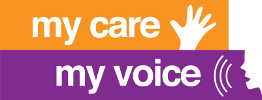HIV treatment was transformed with the introduction of Anti-Retroviral Therapy (ART) in 1996. ART means that most people, if they are diagnosed early and adhere to medication, can manage their HIV as a long-term health condition and look forward to a near-normal life expectancy.
In the early days of treatment, people with HIV had to take a very large number of pills, often with complex timing and/or dietary requirements. Advances in treatment now mean most people starting ART will only have to take one or two pills a day.
There are side-effects for some people who take ART, including fatigue, depression and diarrhoea, though these are increasingly well-managed. There is a reporting scheme for side-effects of medicines known as the 'Yellow card reporting scheme' and anyone with HIV is encouraged to consider reporting adverse reactions to their drugs via this scheme. More information on the Yellow card reporting scheme is available from HIV i-Base, where you can also download a form to report side-effects.
There are a number of specialist HIV organisations which provide detailed, expert and easily understandable advice for people with HIV on HIV drugs and treatments. NAT recommend you visit NAM and HIV i-Base for further information.
If you would like to hear personal experiences of managing HIV medication, MyHIV has video galleries and discussion boards of people talking about their experiences.
For more about what to expect from your HIV treatment in England, visit our My Care My Voice resource

